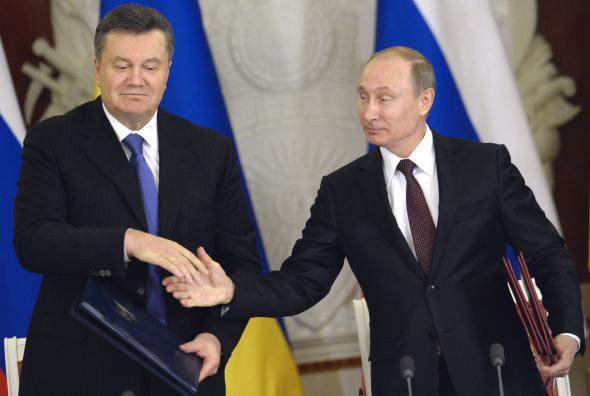Quite a few of the most pressing dilemmas in international diplomacy rest on whether authoritarian governments can be trusted to live up to international agreements. Will Syria’s Bashar al-Assad continue to cooperate with international efforts to remove chemical weapons? Will Iran follow through on its commitments under the recently signed nuclear agreement?
We have an understandable aversion toward trusting nondemocratic governments. The recent congressional push to slap new sanctions on Iran was based, in part, on the premise that the regime “simply can’t be trusted” with a civilian nuclear program.
But is it really the case that autocratic regimes are less likely to keep up their international commitments than democratic ones? Olga Chyzh, a political scientist at the University of Iowa, argues that it depends quite a bit on what type of dictator you’re talking about. In a paper for the journal Conflict Management and Peace Science, she distinguishes between personalist regimes, those in which power is concentrated in the hands of a single strongman and a few allies, and oligarchic regimes, nondemocracies in which there are nevertheless competing sources of power and some degree of checks and balances.*
Looking at a database of territorial disputes between 1816 and 2001, she found that “Personalist regimes are both significantly more likely to sign and less likely to comply with international agreements than democratic regimes. While oligarchic regimes are also more likely to sign international agreements, their compliance rates are not statistically different from those of democracies.”
The specific form of government most likely to sign and then renege on a deal is “bossism,” a personalist regime that rests on party support. “As long as they continue to provide the particularistic goods demanded by their narrow support base, they virtually maintain a free reign in the remaining policy areas, and may choose to renege on agreements if their own interests call for it,” Chyzh writes.
The poster country for this type of behavior is Kim Jong-il’s (and now Kim Jong-un’s) North Korea, which has signed then backed out of half a dozen international nuclear agreements since the early 1990s, generally managing to extract international aid concessions in the process.
Chyzh’s model would suggest there’s greater reason for optimism when it comes to Iran, whose government has more competing factions and actors holding veto power. Even the Supreme Leader has to keep his ducks in a row. Chyzh writes that “Oligarchic leaders, on the other hand, cannot afford such capricious behavior, as they are more constrained by the domestic players. Such regimes will be more compliant, as a result of the status-quo bias induced by a larger number of veto players.” It also may be part of the reason that it took so long to reach an agreement in the first place.
Of course, such categories are also somewhat fluid. Chyzh’s argument also suggests that Ukrainian President Viktor Yanukovych’s recent moves to concentrate power in the hands of the presidency and his decision late last year to pull out of a political agreement with the European Union are related developments. But it also suggests Yanukovych should be wary about his deal with the ever more personalist government of Vladimir Putin.
*Correction, Feb. 4, 2014: This post originally misstated the title of the journal Conflict Management and Peace Science.
